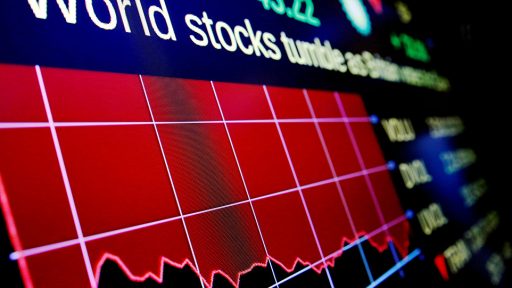- Home
- >
- Market Rumours
- >
- Major global markets are already in a bear market or getting close

Major global markets are already in a bear market or getting close

Growing trade uncertainty, weak economic indicators and a series of domestic political challenges have pushed major stock market indexes in China, South Korea, Turkey, Italy, Germany and Mexico into bear market territory.
More could be on the way as growth fears multiply — key benchmarks in Spain, France and Russia are all less than 5 percent away from bear market territory.
Recent signs have suggested the slowing growth could be affecting U.S. equities. The Dow Jones Industrial Average, S&P 500 and Nasdaq Composite are all sitting in correction territory for the first time since March 2016.
Over the past few months, investors have retreated from stocks around the globe, pushing the iShares MSCI ACWI ETF — which invests in an index that tracks global markets excluding the U.S. — to its lowest level since May 2017. And, just last week, that group fell into into a bear market, defined as a fall of at least 20 percent from its recent peak.
The escalating trade tensions between the U.S. and China pushed the Shanghai Composite Index, one of China's leading stock indexes, into a bear market in June. Hong Kong's Hang Seng Index followed closely behind, breaching that level in September, and South Korea's KOSPI did so in October.
And, last week, fresh evidence pointed to a further slowdown in China, the world's second-largest economy. Retail sales grew at the slowest pace in 15 years in November, while industrial production expanded at the slowest clip in nearly three years. That data pushed those major Asian market indexes further into bear market territory, and the Shanghai Composite has now lost a quarter of its value since its peak in late January.
Italy, Germany lead European market weakness
Italy and Germany, meanwhile, have been at the forefront of the economic slowdown in Europe. The Italian FTSE MIB has plunged 24 percent from its recent high in late May, while Germany's DAX has fallen nearly 21 percent from its January closing high — entering bear market territory earlier this month.
Source: CNBC
 Trader Georgi Bozhidarov
Trader Georgi Bozhidarov Read more:
If you think, we can improve that section,
please comment. Your oppinion is imortant for us.










